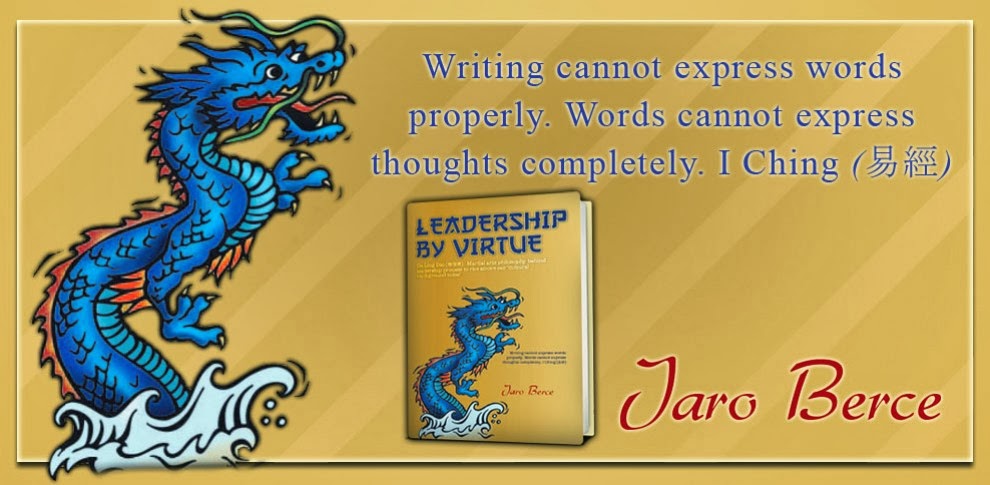Agree?
Probably hard to claim this could be the final truth.
When helping someone then (obviously) you have to know better or more than the person you are helping. So, helping in ‘the wrong way’ demonstrates non-equality of the people involved thus becoming a relationship between non-equals.
 There are times when we help a friend or co-worker during tough times. Does this kind of help require (owe) a favor in return? Or, is this help a sincere one with no expectation of returned favor?
There are times when we help a friend or co-worker during tough times. Does this kind of help require (owe) a favor in return? Or, is this help a sincere one with no expectation of returned favor?Trying hard to help someone has it happened to you that you have inadvertently ‘helped’ in a way that it actually took away from people more than you could ever “give” them?
I remember my first weeks arranging my life in Seville. I was so many times lost and had to ask for help. And most of the times I got it only to discover that people, in their desire to help, sent me in the wrong direction.
There’s another way to help: we could help in a way that the receiver will eventually develop new abilities or knowledge and not just receive your help and your past knowledge.
And what would a help with a sincere and open approach be like?
Picture a small kid playing with toys: trying all over again to build a tower with bricks and it keeps collapsing all the times. After a while you step in and demonstrate how to do it. What exactly have you thought the child by your action? That depends on the way you have helped: you may have as well diminished kid’s self-esteem, sense of worth, integrity and/or wholeness. But, the help could be given with the right stimuli, motivation and by asking what goes where … it is a proactive way of helping that ultimately builds trust and knowledge.
With a sincere help you simply share your knowledge or you figure out what’s your help’s value to other person or when you give a transparent feedback. You do not expect anything in return. You just help the other to grow and learn. Help is also when (good) leaders take the time out of their busy day to help a follower or co-worker in need but unable to solve a problem. They’ll sure remember your help.
What about ‘fixing’?






